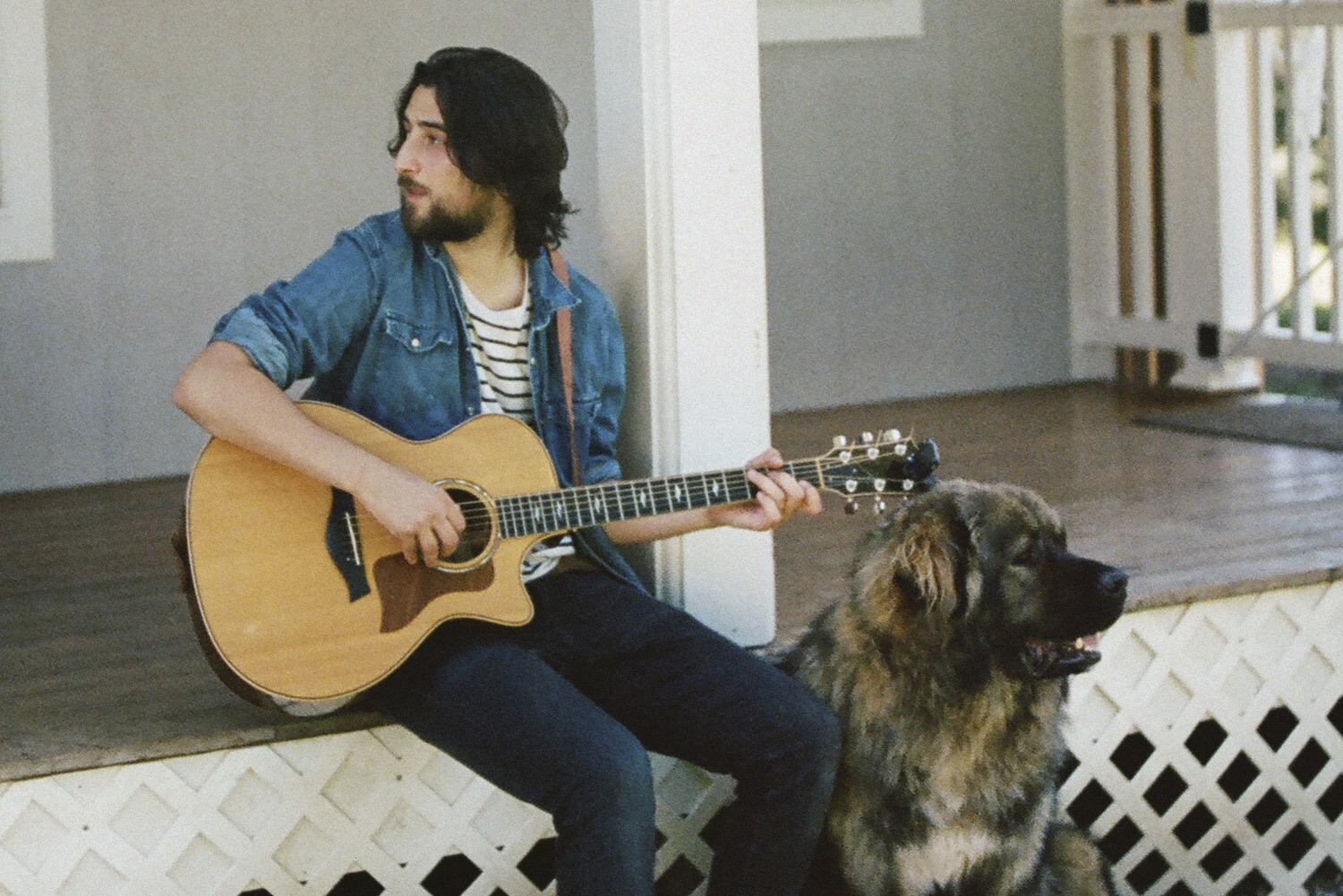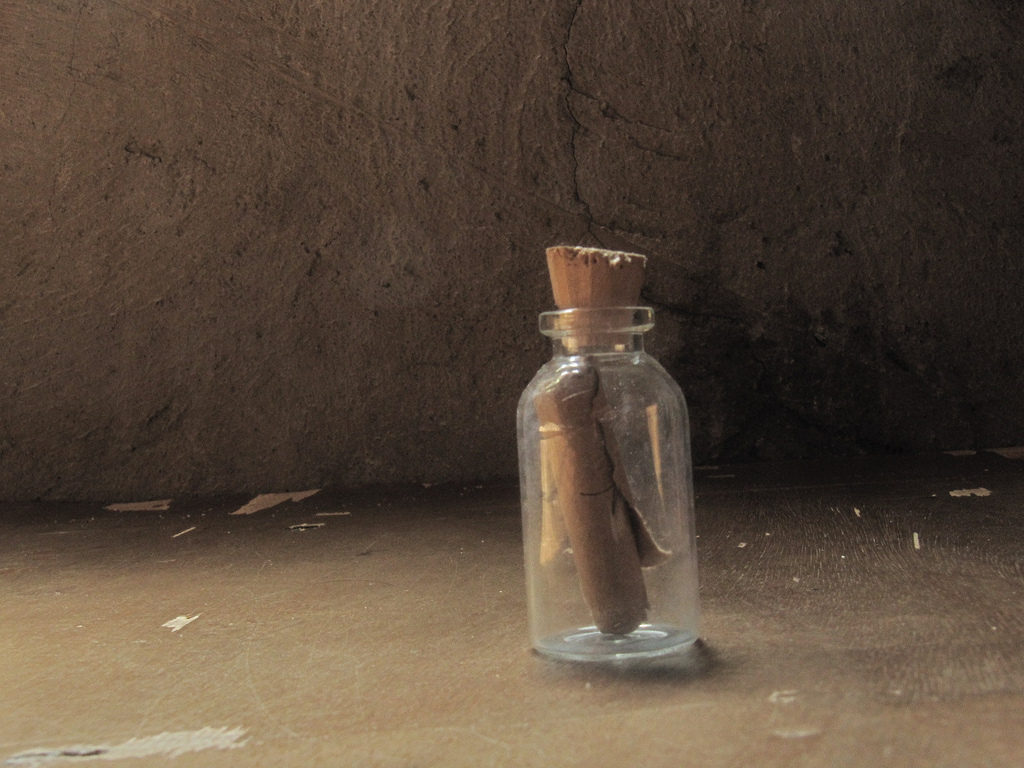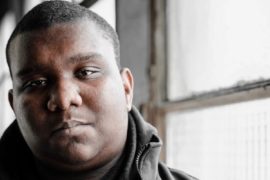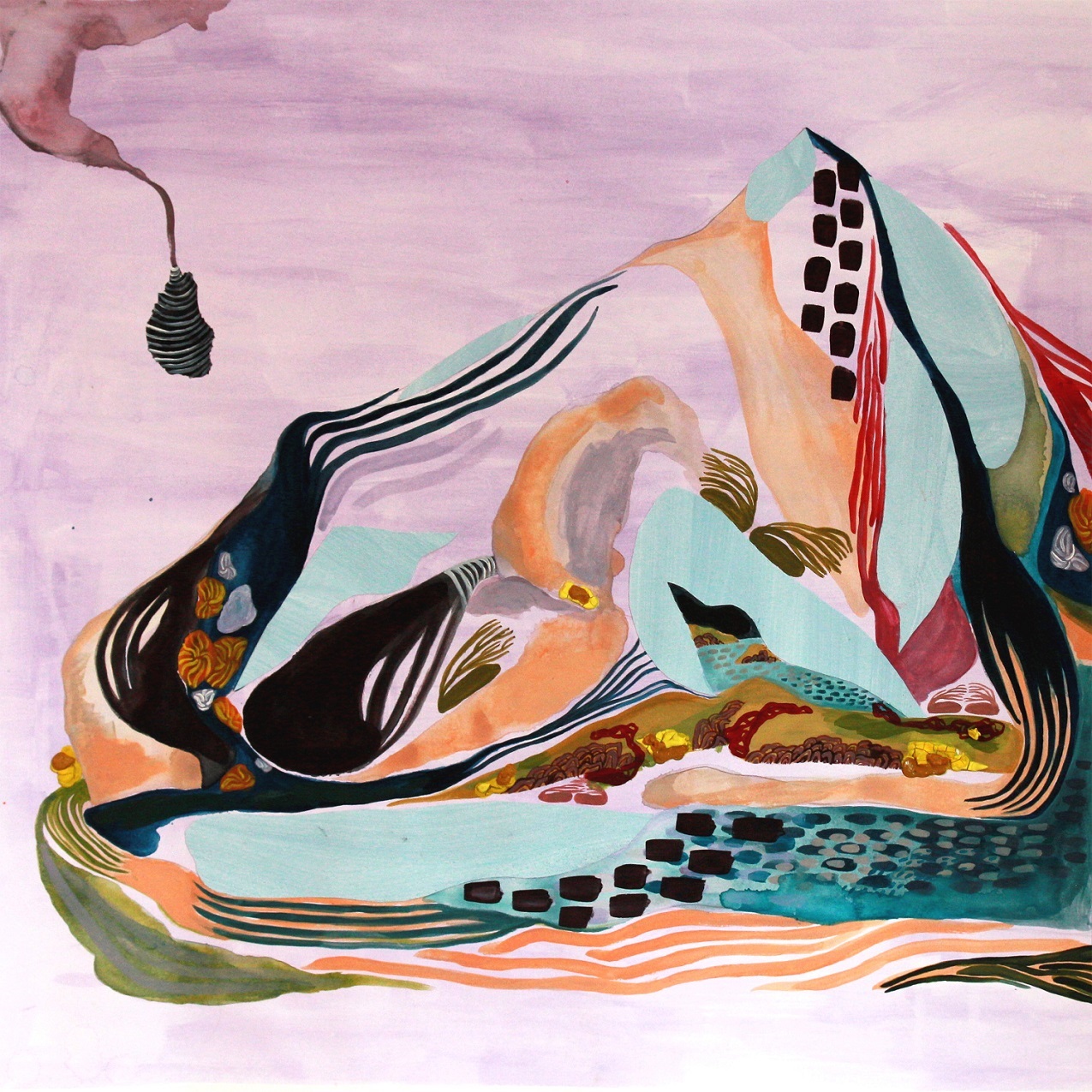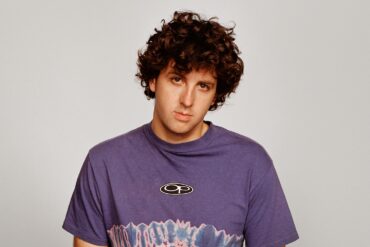With a little help from two Arctic Monkeys, and a surprising willingness to trade bass and guitar for hip-hop beats, Joe Carnall Jnr has just achieved the second record from his side project, Good Cop Bad Cop, entitled ‘Welcome to the Marble Zone.’
‘Welcome to the Marble Zone’ – Good Cop Bad Cop
“I did my best to put the guitars down and did very little on an actual six-string guitar,” Joe Carnall Jnr says of his latest musical project, Welcome to the Marble Zone.
If you reviewed his life and career up until that record, you might be amazed that anybody of his type would ever make such a statement. Carnall has spent nearly every one of his forty-odd years deeply immersed in the prominent local rock scene in his native Sheffield, England. He spent years in the band Milburn with his brother Louis and two of their friends, and has also contributed to two other area bands – Reverend and “The Makers and the Book Club.” He even linked up with possibly the most famous group to emerge from Sheffield – Arctic Monkeys – whose drummer, Matt Helders, teamed up with him for a side project called Good Cop Bad Cop. Together, they released their self-titled debut in 2019.
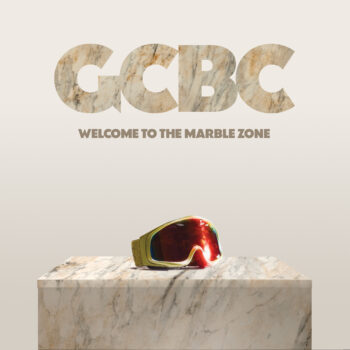
Carnall has actively played bass and guitar throughout each of these musical endeavors. However, for Good Cop Bad Cop’s follow-up project, he decided to take another route and bring another Arctic Monkey onboard – Andy Nicholson, the band’s former bassist, who now operates as a hip-hop producer and cooked up ten new synth-heavy beats for Welcome to the Marble Zone. Carnall remains the group’s principal vocalist and lyricist, however, and this new record is propelled by what he describes as some of his most personal and honest songwriting to date.
In a conversation with Atwood Magazine, Carnall describes how he drew upon his connections in Sheffield’s musical landscape while making Welcome to the Marble Zone and how he gained the confidence to move into the most introspective lyrical territory he’s ever trodden in.
— —
:: stream/purchase Welcome to the Marble Zone here ::
:: connect with Good Cop Bad Cop here ::
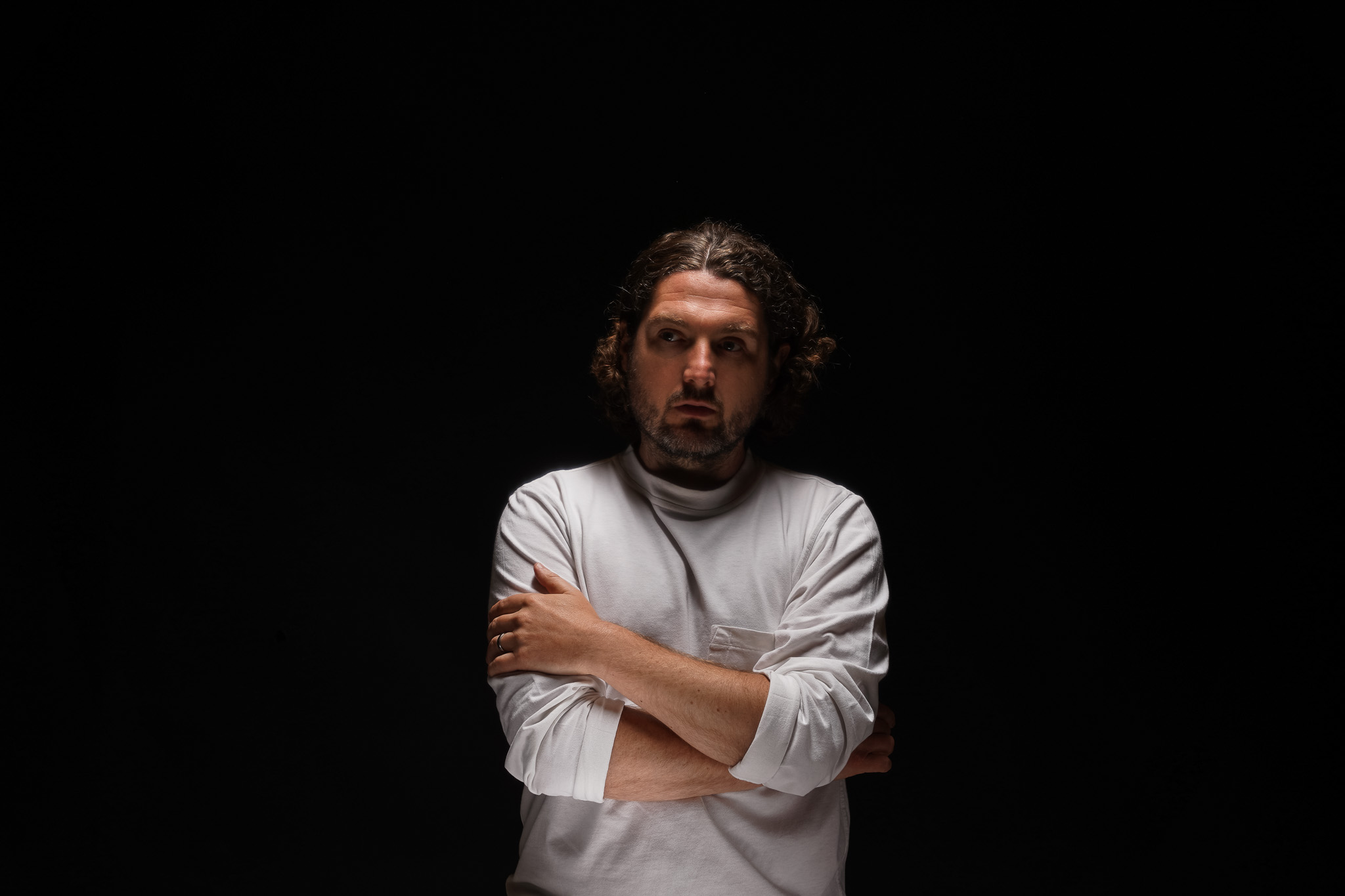
A CONVERSATION WITH GOOD COP BAD COP
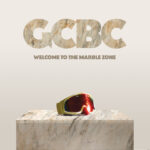
This interview has been lightly edited for purposes of length and clarity.
Atwood Magazine: Prior to the formation of Good Cop Bad Cop, what were you focusing on in your music career?
Joe Carnall Jnr: I’ve been in the Sheffield rock scene for many years. I was in a band called Milburn in the early ‘00s. So, that’s sort of how I made my name. Like the music scene in any city, you just kind of evolve and grow up together. We all knew each other, so that was kind of my grounding in bands and writing songs and stuff like that.
Since that point, I’ve been doing music on and off. I teach as well; I’m a history teacher, currently teaching about the U.S. Presidents from 1945-80. And then it came to the point about five years ago when I did the first Good Cop, Bad Cop album with Matt. He produced the first album, but not this second one. The “duo” aspect is now me and another guy from Sheffield called Gold Teeth. He’s more of a hip-hop producer. So, every time I do [a new Good Cop, Bad Cop record], I do it with somebody else, and it becomes a duo.
So, all throughout your life, you’ve had contact with the Sheffield rock scene?
Joe Carnall Jnr: Yeah, I’ve attempted to move away a few times but I’ve got family here. I’ve got three kids, so I’m kind of here for life unless I decide to get some sunshine somewhere.
Did you know Matt Helders personally before you became bandmates?
Joe Carnall Jnr: Yeah, I’ve known Matt since I was 15. When Milburn was doing our thing, the Arctic Monkeys were doing theirs. We would do gigs together, and then they went crazy. So yeah, I’ve known him a long time.
For the first Good Cop Bad Cop record, I went over to his house; he’d set a studio up in his garage. He soon had to sell his house – I think his family situation changed– so, I had the honor of producing the one record that was made in Matt’s old house, which was quite sweet.
What made you decide that, on top of being friends and occasional collaborators, that being in a formal duo together was something that you wanted to give a shot?
Joe Carnall Jnr: I was sending him some demos and I know he wanted to get into production. He likes recording things and messing around with sounds. So, after a while, I just sent him a couple of ideas ‘cause I knew he’d be into the music. After a while, he said, “Why don’t you just come over and we can record something in my house?”
They were my songs, and they were for him to explore and test his production skills with and see if that was something he wanted to go with in the future. So yeah, like I said, every record is my songs but with a different producer.
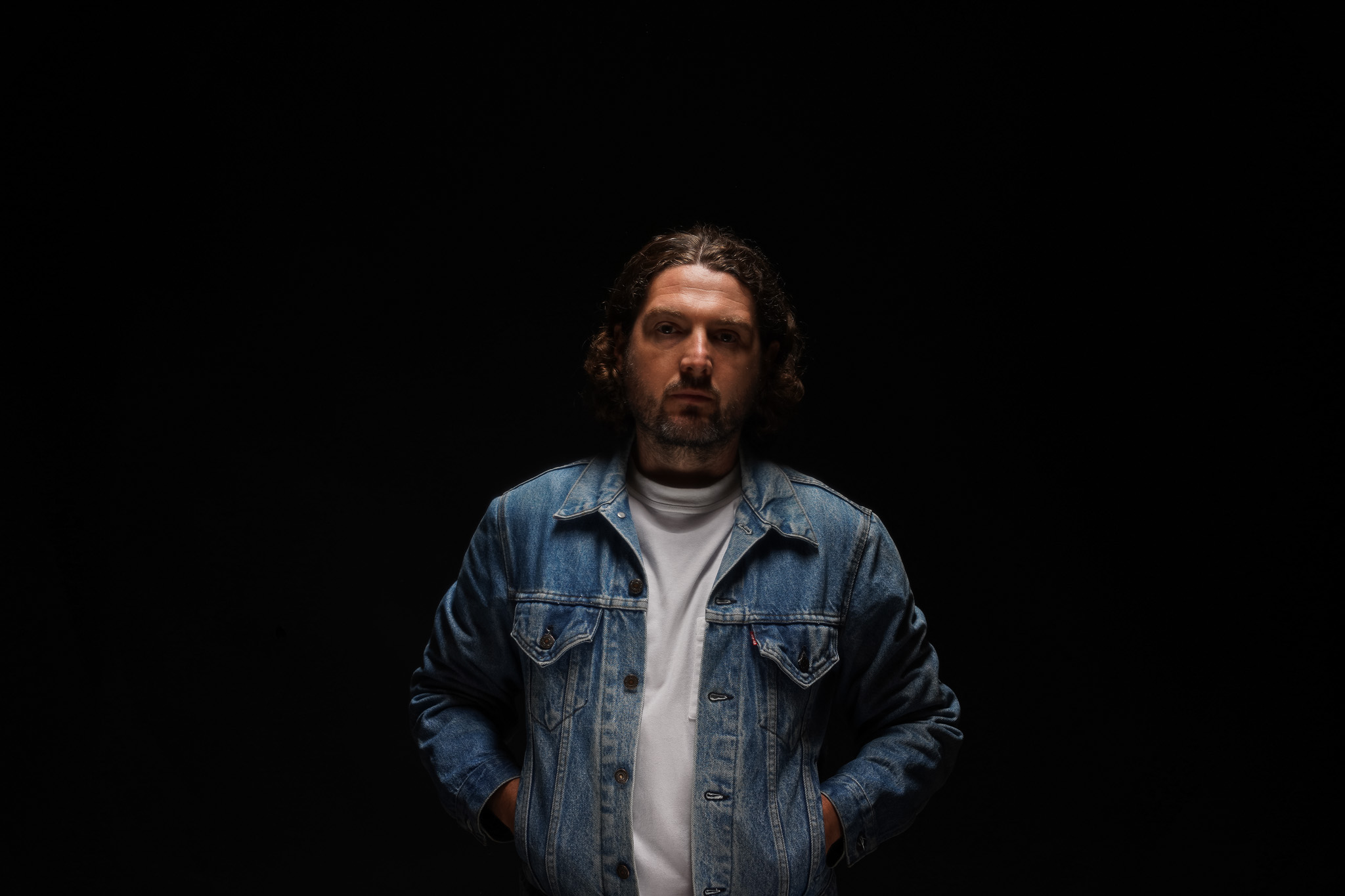
What was it like making the first Good Cop Bad Cop album in 2019, and how does this new one build upon it?
Joe Carnall Jnr: With the first one, I was trying to find my feet and figure out what it was I sounded like on my own without a band. So, it’s still got a little foothold into the indie guitar world, but we did introduce some synths and drum machines. I kind of like that fusion between analog and digital, like an LCD Soundsystem vibe. You get a real clash of sounds. The first record was kind of setting up and exploring those sounds.
For the second one, I just didn’t want to do the same thing again, and that’s why I asked Gold Teeth to help me out. His background is in hip-hop and I wanted him to bring some different sounds and vibes to the table. I was doing an interview the other day, actually, and [I played] the very first tune [on the album], “Marble Zone.” The interviewer said that he actually expected me to start rapping over it, because it was that grimy or whatever. Obviously, I didn’t rap, because that would have been kind of embarrassing, but that palette, which was quite different from the first record, was something I was pleased with, because every time you go into the studio, you’ve got to be ready to push yourself a bit further.
The lead single from the album is “Running Away With the Circus.” How did it come together and how do they serve as a representation for the rest of the project?
Joe Carnall Jnr: It has, like, a simple, siren-y sound that Gold Teeth generated in the studio with some editing. The chorus opens up into a New Order-style type of melody with some classic chords, but then it drops back into electric drums and it’s a little bit more frantic in the verses. It’s just an indication of where I’m at now.
Lyrically, this album is very self-reflective. We just had a third child, I teach– life’s pretty intense, and I suppose that’s the circus. Sometimes, you’ve got to just get on with it. It’s gonna be tough, but there are some beautiful moments there, too.
What does it mean to you to be putting out such a personal record for the public to hear, and how do you think combining those themes with music is especially effective?
Joe Carnall Jnr: I don’t see the point of writing music unless you’re going to put everything into it. This is a personal thing for me– I just can’t lie. When I’m writing a song, it’s like a diary entry for me. It’s like therapy. I’m not writing songs for other people. Rick Rubin, the producer, had a great line– he said, “As soon as you start writing for your audience, you’re done. You’re spent.” I don’t think anyone should be writing for any audience, so I just write about what’s going on in my life, and if one person connects with it, that’s amazing. It’s kind of for me to document my ups and downs, and it’s the most introspective [songwriting] I’ve done.
And I’ve come to realize that, for me, it’s part of my process. Some people might go for a jog, some people might go to the gym, some people might surf– I write songs, and that’s my therapy. I’ve hit an age where big stuff is happening, for good or bad. Over the last couple of years, there’ve been a few deaths [amongst my close friends], and I think that’s probably just my way of processing it. The birth of children is a huge event– [writing songs also helps with] processing that. There are some big moments that this record has just helped me get to the other side of, maybe. I think there are some universal themes, as well. Obviously, I’m not writing for anybody else. [When I write about personal events, like] my friend that’s passed away in Track 5, I think it is – people do identify with and relate to those main things.
What is it about Track 5 that makes it especially introspective, moving, or personal for you?
Joe Carnall Jnr: Yeah, so [it’s] a tune called “Cried For A Friend This Morning,” and it’s probably the most honest thing I’ve ever written. A friend of mine who I was in a band with years ago passed away last year, and I had this little piano thing going around. I decided to add some lyrics to it and it was one of those songs that just fell out of me. It was probably the most personal thing I’ve ever written.
Having listened to it back, it’s quite universal, I suppose. I don’t really mind if it’s too specific or not; I just decided I would write how I feel and I wouldn’t try to cover it up or hide it in metaphors or similes, just be brutally honest. And I think that makes for a more powerful tune, anyways.
What made you decide you’d gotten the record to where you wanted it to be?
Joe Carnall Jnr: I suppose I could have carried on writing, but when making albums, it’s important to get a snapshot of time and say, “This is how I felt in this moment.” In my opinion, if you just carry on, it kind of becomes a new record with a different focus. Unfortunately, in an ever-shifting world where people have less of an attention span, if you make a record that’s 50 minutes long, I don’t think many people will listen to it, unfortunately. But maybe we need to hold out and do it for the old guard.
How would you pitch Good Cop Bad Cop as a project that would appeal to fans of the Arctic Monkeys, but that also has its own unique sound and format?
Joe Carnall Jnr: Well, it’s kind of got nothing to do with them, to be honest. Alex Turner is a huge influence on the Arctic Monkeys– he writes everything and is an incredibly talented guy– but that’s nothing like what we’re doing. I think their sound has become quite retro and ‘70s oriented, whereas this is a bit more futuristic. It’s aiming to go in the opposite direction and it uses a different palette. I did my best to put the guitars down and did very little on an actual six-string guitar. It was all synths and malotrons and other sorts of keyboard and equipment and drum machine.
Sonically, it’s all different to what they do. But there might be some nice threads and links to Sheffield and sort of the lyrical approach of all those guys over here. We like to be quite forthright with what we are saying. If you think about Alex Turner himself or Jarvis Cocker or Pulp, lyrically we always pride ourselves on what we have to say and how we say it. So, there might be a nice little segue to them and this project for people to get ahold of.
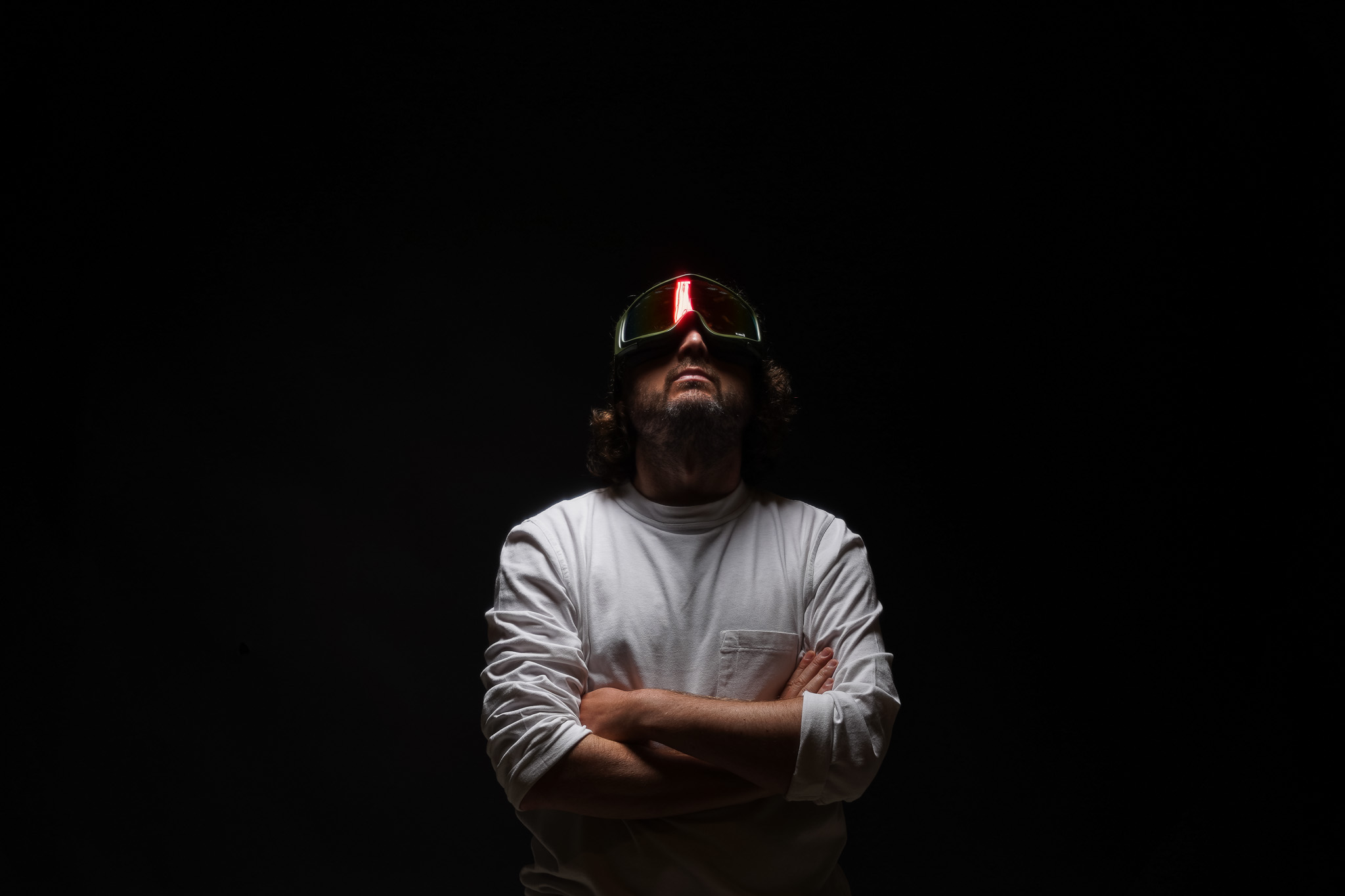
What are some good feelings you get when you perform your songs live and what are you most hoping to achieve as you tour across the UK?
Joe Carnall Jnr: It’s always cool. When you write a song, to have people then sing it back to you in a room– it doesn’t matter how many times you’ve done it. It feels like a special moment because you never know whether what you write in your bedroom, your studio, or whatever, is going to connect with somebody else.
So, once you get in a room and people you’ve never met before sing your songs back to you– I don’t think there’s any substitute in terms of the buzz that you get from that. So, that’s always a beautiful moment and just to play some new songs, see what the reaction is out there, if people are getting into it or not… I’m sure it’ll be fun. But yeah, you can’t really replicate or replace that moment where you sing a song and someone you’ve never met from hours away from where you live sings them back to you. It’s a privilege when that happens.
Any hopes for the future?
Joe Carnall Jnr: It’d be nice if we could get a show over there [in the USA], maybe in LA or New York, especially since the first [Good Cop Bad Cop] record was made in LA and had very much an LA sound. Ultimately, it’d be nice to play a show there just to complete the circle. That’s a pipe dream but we’ll see if one day it’ll happen. I’ve never played in America yet but hopefully one day it’ll take off. That’s the plan, hopefully.
— —
:: stream/purchase Welcome to the Marble Zone here ::
:: connect with Good Cop Bad Cop here ::
— — — —

Connect to Good Cop Bad Cop on
Facebook, Twitter, Instagram
Discover new music on Atwood Magazine
© courtesy of the artist
Welcome to the Marble Zone
an album by Good Cop Bad Cop

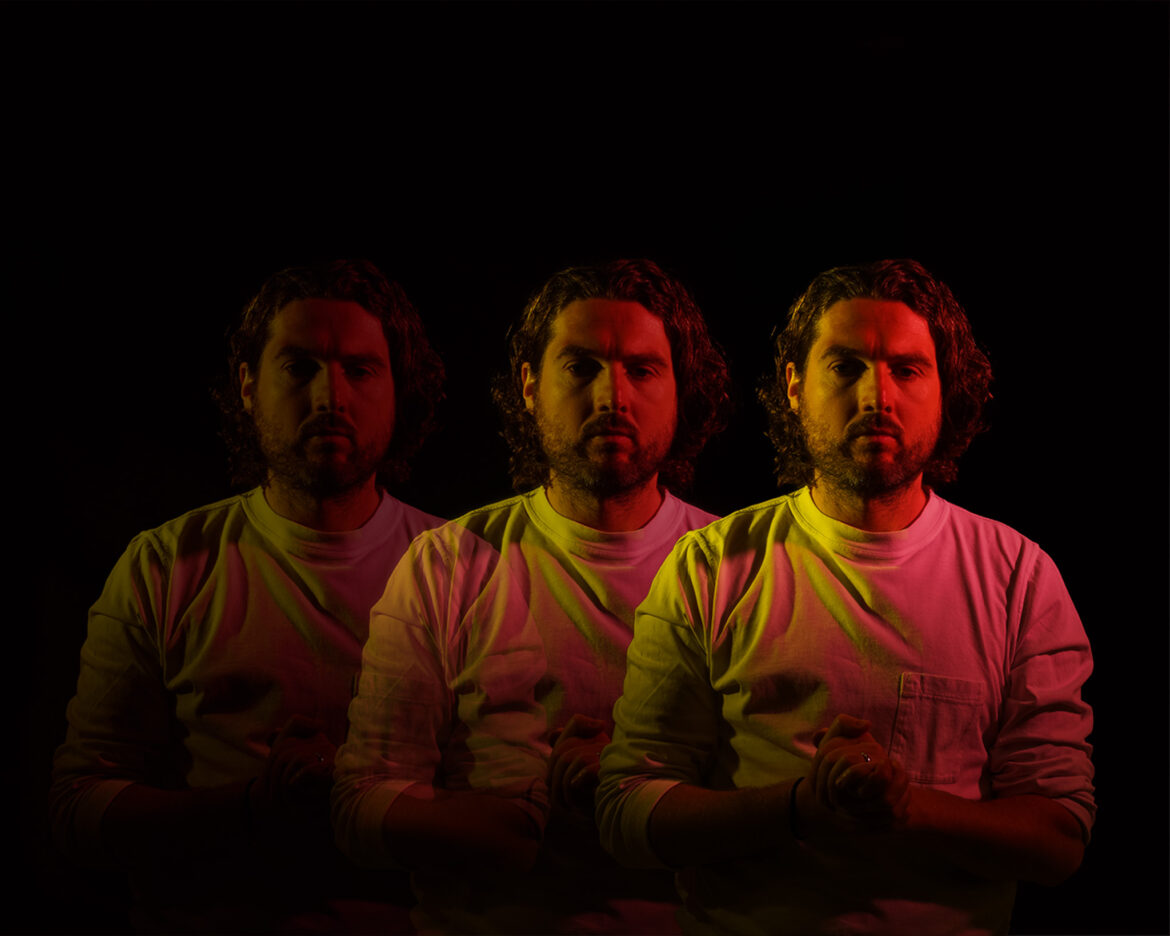
 © courtesy of the artist
© courtesy of the artist